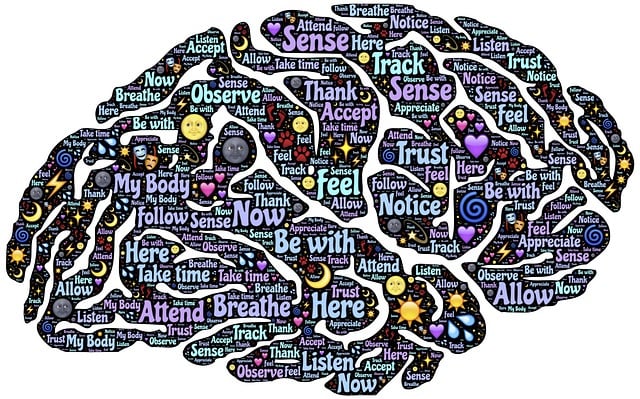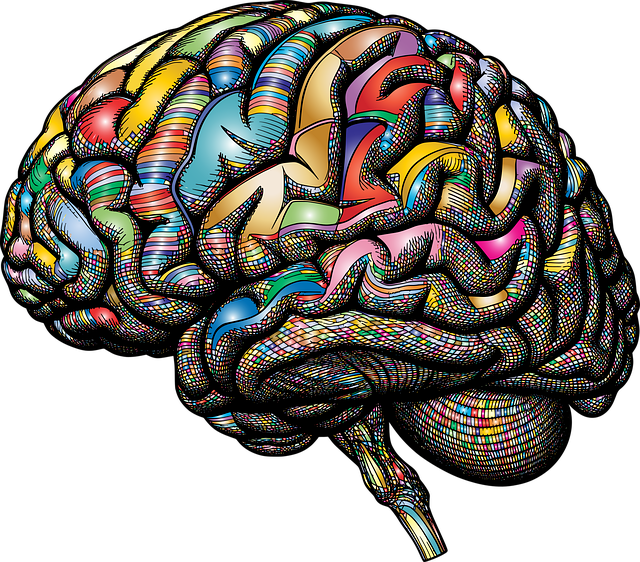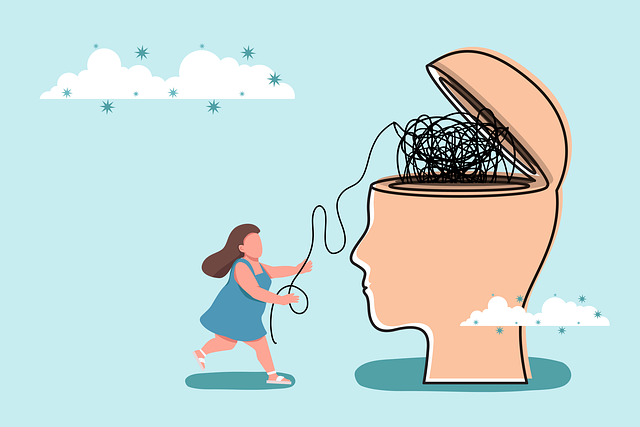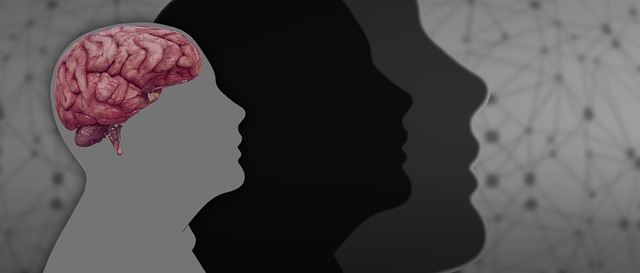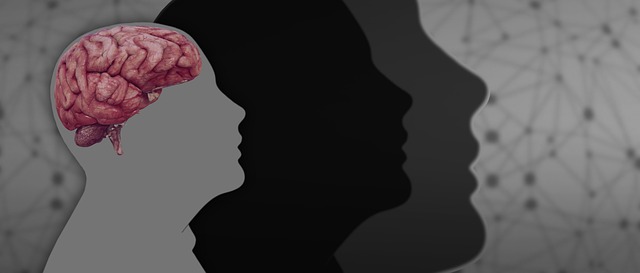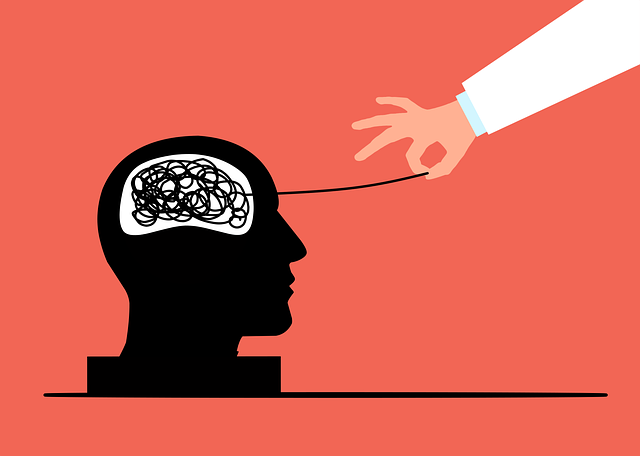Boulder Psychological Testing Therapy leverages Emotional Intelligence (EQ) through assessments, therapy, community outreach, and practices like mindfulness to help individuals understand and manage their emotions, improve communication, enhance resilience, and build stronger personal connections. By cultivating self-awareness, empathy, and effective interpersonal skills, clients develop emotional intelligence, fostering better mental health and overall well-being. Boulder Psychological Testing Therapy offers tailored interventions, workshops, and coaching programs to support this process.
Emotional intelligence (EQ) is a powerful tool for personal growth, enabling individuals to understand and manage their emotions effectively. This article delves into the key aspects of EQ development, from understanding its foundational concepts to exploring practical strategies. We examine the role of Boulder psychological testing in evaluating EQ and how therapy serves as a catalyst for enhancement. Additionally, we discuss building self-awareness, empathy, and resilient relationships through applied emotional intelligence in daily life.
- Understanding Emotional Intelligence: A Key to Personal Growth
- The Role of Boulder Psychological Testing in Evaluating EQ
- Unlocking Potential: Therapy as a Catalyst for Emotional Intelligence Development
- Practical Strategies for Enhancing Self-Awareness and Empathy
- Building Resilient Relationships: Applying Emotional Intelligence in Daily Life
Understanding Emotional Intelligence: A Key to Personal Growth

Emotional intelligence (EQ) is a powerful tool for personal growth and development that has gained significant attention in recent years. It involves recognizing, understanding, and managing one’s own emotions, as well as empathizing with and responding appropriately to others’ feelings. This ability to navigate complex emotional landscapes can have profound effects on various aspects of life, from relationships to career success.
In the context of Boulder Psychological Testing Therapy, EQ plays a crucial role in helping individuals uncover and address underlying emotional issues. By employing effective communication strategies and mental health policy analysis and advocacy, therapists guide clients towards fostering healthier emotional responses. This process often involves community outreach program implementations designed to create supportive environments where individuals can learn, grow, and thrive. Ultimately, developing higher emotional intelligence empowers folks to navigate life’s challenges with greater resilience and understanding.
The Role of Boulder Psychological Testing in Evaluating EQ

Boulder Psychological Testing serves as a powerful tool for evaluating emotional intelligence (EQ) and plays a pivotal role in personal growth and development. Through comprehensive assessments, individuals can gain valuable insights into their emotional strengths and weaknesses, enabling them to make informed decisions about their mental well-being. These tests provide an objective measurement of EQ, which is essential for self-awareness—a cornerstone of emotional intelligence. By identifying areas for improvement, individuals can seek tailored interventions, such as Boulder Psychological Testing Therapy, to enhance their emotional regulation skills.
Moreover, the assessments often include validated scales that gauge various aspects of EQ, including empathy, self-management, and social awareness. This data allows professionals to design targeted strategies, like compassion cultivation practices, to mitigate symptoms of anxiety relief while fostering effective communication strategies. The outcome is a more balanced and emotionally intelligent individual equipped to navigate life’s challenges with greater resilience and understanding.
Unlocking Potential: Therapy as a Catalyst for Emotional Intelligence Development

Unleashing one’s emotional intelligence is a transformative journey that can be greatly facilitated by therapy—a powerful tool often overlooked yet highly effective in personal growth and development. Boulder Psychological Testing Therapy offers a unique opportunity for individuals to explore their inner worlds, gain profound insights, and cultivate self-awareness—all fundamental aspects of enhancing Emotional Intelligence (EI). Through therapeutic sessions, clients are encouraged to confront and process their emotions, breaking down barriers that may have hindered their ability to connect with themselves and others.
This process is not merely about identifying feelings; it involves learning to manage them effectively. Therapists guide individuals in developing strategies for emotional regulation, stress reduction, and improving interpersonal communication. Incorporating practices like Mindfulness Meditation can further enhance this development, allowing clients to stay present, attune to their emotions, and respond thoughtfully rather than reacting impulsively. By combining the insights gained from therapy with tools such as Risk Management Planning for Mental Health Professionals, individuals can better navigate life’s challenges, fostering a more balanced and emotionally intelligent approach.
Practical Strategies for Enhancing Self-Awareness and Empathy

Developing self-awareness and empathy is a cornerstone of emotional intelligence growth. It starts with introspective practices such as journaling, where individuals can explore their thoughts, emotions, and behaviors in writing. This process allows for better understanding of personal triggers and patterns, fostering deeper self-reflection. Incorporating mindfulness exercises like meditation or deep breathing into daily routines also plays a significant role. These activities help individuals become more attuned to their feelings, enabling them to recognize and regulate emotional responses effectively.
Beyond personal introspection, cultivating empathy involves actively listening and seeking to understand others’ perspectives. Engaging in open conversations, asking thoughtful questions, and practicing active listening during interactions can strengthen these skills. Participating in mental health awareness workshops or stress management programs offered by organizations like Boulder Psychological Testing Therapy can provide valuable tools for enhancing emotional intelligence. These initiatives often include group discussions, role-playing scenarios, and evidence-based strategies tailored to depression prevention and overall mental well-being.
Building Resilient Relationships: Applying Emotional Intelligence in Daily Life

Emotional intelligence is a powerful tool for building resilient relationships, both personally and professionally. By applying these skills in daily life, individuals can enhance their communication, empathy, and conflict resolution abilities, fostering deeper connections with others. When we understand and manage our own emotions effectively, we become better equipped to recognize and respond sensitively to the feelings of those around us, creating a supportive and healthy environment.
Through Boulder Psychological Testing Therapy, professionals can guide individuals in developing emotional intelligence, offering valuable Mental Wellness Coaching Programs that focus on self-awareness, social skills, and resilience. This process often includes strategies for mood management and self-esteem improvement, enabling people to navigate relationships with greater ease and confidence. By integrating these practices into daily routines, individuals can create a positive feedback loop, where improved emotional intelligence strengthens their relationships and contributes to overall mental wellness.
Emotional intelligence, a multifaceted skill set, is proven to be a key driver of personal growth and successful relationships. By understanding and leveraging tools like Boulder Psychological Testing, individuals can gain valuable insights into their EQ levels. Therapy emerges as a powerful catalyst for emotional intelligence development, offering tailored strategies to enhance self-awareness and empathy. Practical approaches discussed in this article provide actionable steps to build resilient relationships, fostering better communication and deeper connections in daily life. Integrating these principles can lead to profound personal transformation, making emotional intelligence a game-changer in modern society.

